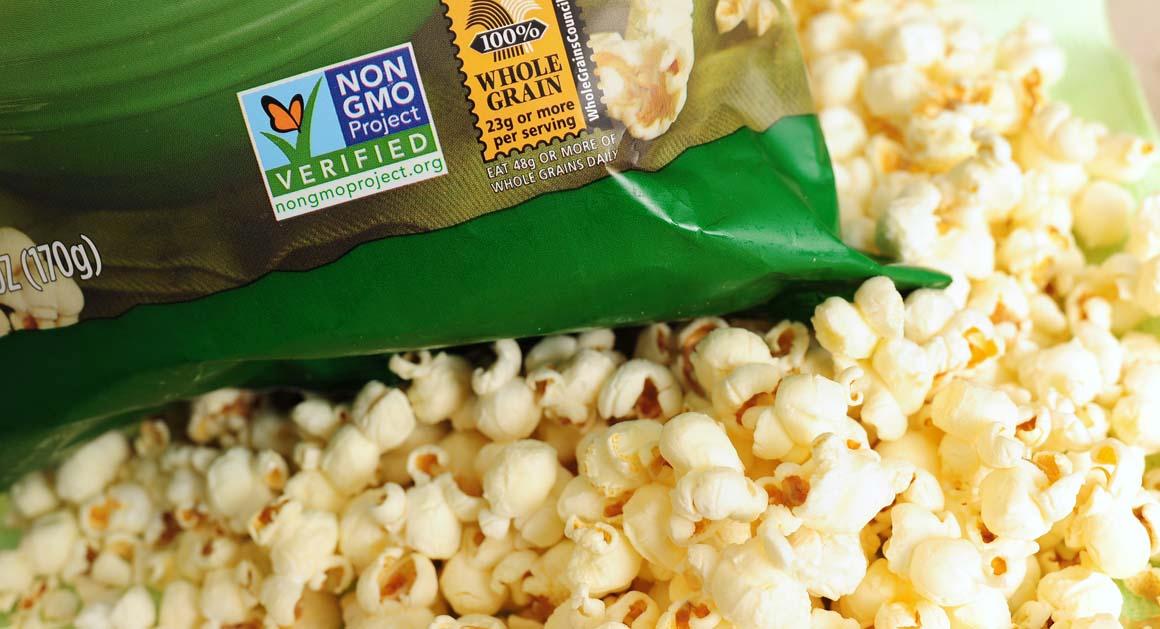
‘Good Food’ vs. ‘Big Food’
The leaders of the so-called good food sector — including Chipotle, Whole Foods and Applegate — are winning big in the marketplace, but they’re losing to their Big Food cousins in Washington.
There is virtually no “good food” industry lobbying strategy in place, as the vanguards of healthier eating have largely ignored Capitol Hill, leaving the traditional food and beverage powerhouses — which spent more than $36 million last year on lobbying — to push their agenda.
August 1, 2015 | Source: Politico | by Helena Bottemiller Evich
The leaders of the so-called good food sector — including Chipotle, Whole Foods and Applegate — are winning big in the marketplace, but they’re losing to their Big Food cousins in Washington.
There is virtually no “good food” industry lobbying strategy in place, as the vanguards of healthier eating have largely ignored Capitol Hill, leaving the traditional food and beverage powerhouses — which spent more than $36 million last year on lobbying — to push their agenda.
Just last week, the House approved a bill to block any state-level mandatory genetically-modified-organism labeling 275-150, a mostly party-line vote that picked up 45 Democrats. Meanwhile, there’s a growing list of good-food industry leaders who are worried that a lack of lobbying from health-conscious outlets could lead to more losses on labeling as well as watered-down federal dietary recommendations and school lunch requirements.
Yet neither Whole Foods; nor Chipotle and Applegate, companies that serve up antibiotic-free meats; nor Hain Celestial Group, which owns Arrowhead Mills, Spectrum and Celestial Seasonings, have a single registered lobbyist between them, according to a POLITICO review of disclosure records. Their involvement on Capitol Hill, on issues from the farm bill to nutrition labeling, has ranged from limited to nonexistent.
Instead of financing lobbyists, Applegate recently footed the bill for a documentary advocating for limiting antibiotics in agriculture. It hosted screenings across North America and then directed viewers to contact members of Congress. The company also hosted a special screening of the film, which is now on Netflix, for congressional staff last summer.
Applegate, valued at nearly $800 million, has never considered hiring a lobbyist, said Gina Asoudegan, Applegate’s director of mission.
“Politicians react to voter sentiment,” said Asoudegan, who views much of the company’s marketing as consumer education. “Our job is to increase sentiment around certain issues.”
Organic foods make up just under 5 percent of the U.S. food market. But the $35 billion sector is becoming more mainstream every year, having enjoyed double-digit growth for two decades while overall food sales have grown at just 3 percent year over year. Natural foods — an amorphous sector with no definition — has grown even faster, putting pressure on companies like Mars, General Mills and Nestle to drop artificial dyes and additives to appeal to consumers seeking “cleaner” fare.
